News
-
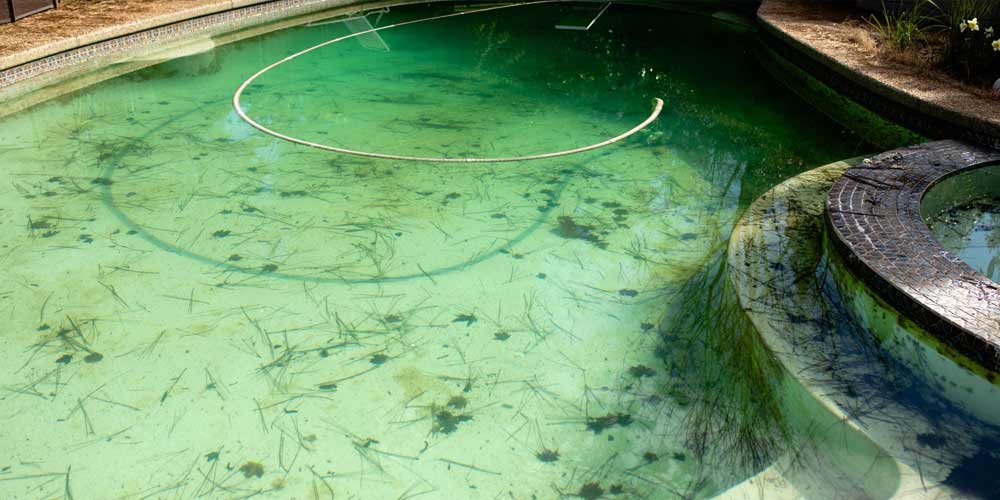
A comprehensive guide to removing algae from your swimming pool
Algae in swimming pools is caused by Inadequate disinfection and dirty water. These algae may include green algae, cyanobacteria, diatoms, etc., which will form a green film on the water surface or dots on sides and bottoms of swimming pools, which not only affects the appearance of the pool, but...Read more -
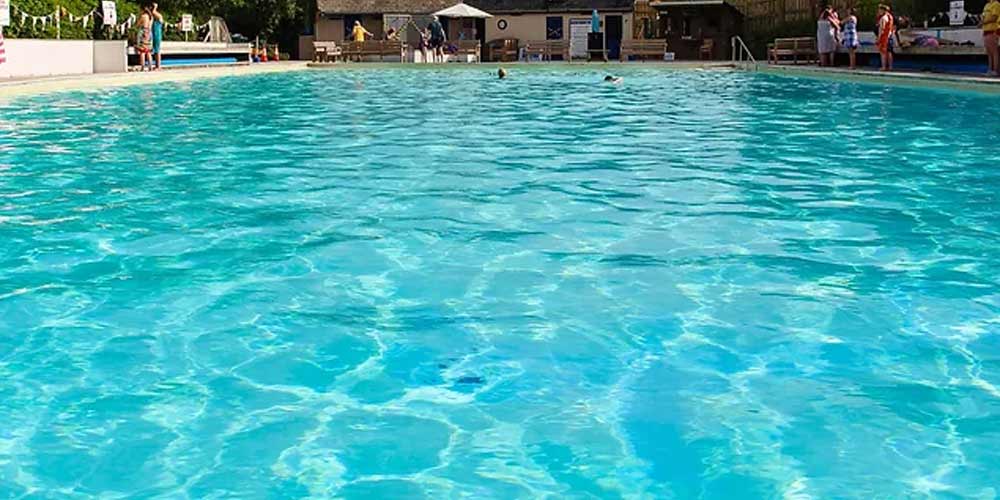
How do you use TCCA 90 in a pool?
TCCA 90 is a highly effective swimming pool water treatment chemical commonly used for swimming pool disinfection. It is designed to provide an effective and easy-to-use solution for disinfection, protecting swimmers’ health so you can enjoy your pool worry-free. Why is TCCA 90 an effective...Read more -
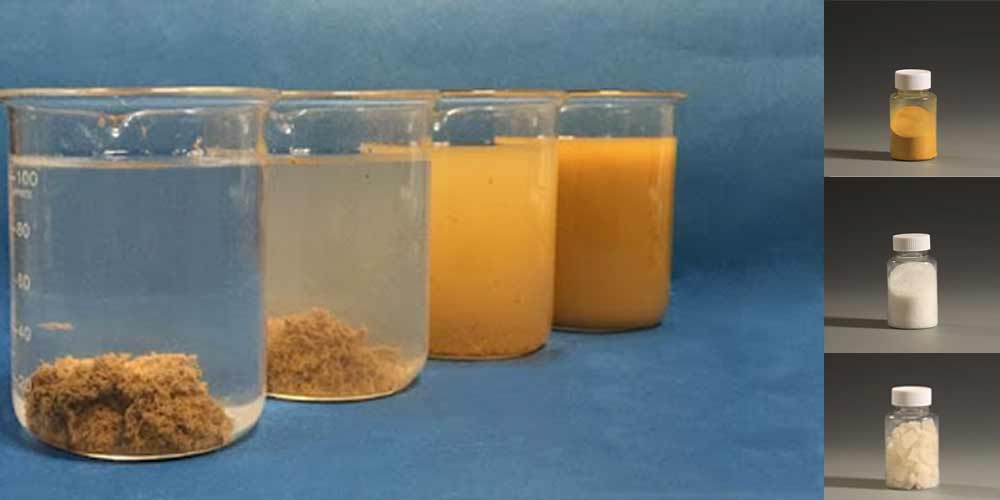
How does Flocculant work in water treatment?
Flocculants play a crucial role in water treatment by aiding in the removal of suspended particles and colloids from water. The process involves the formation of larger flocs that can settle or be more easily removed through filtration. Here’s how flocculants work in water treatment: Flocc...Read more -
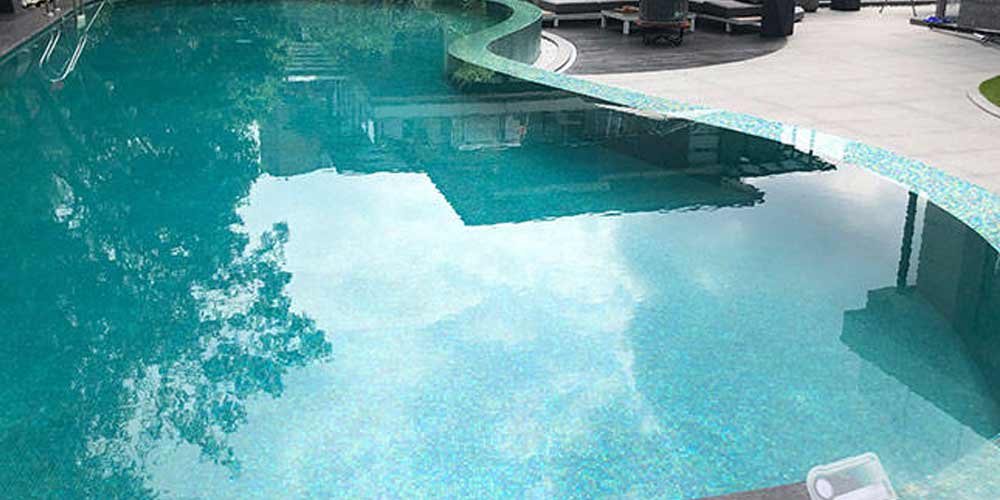
How to use algaecide to remove algae in swimming pools?
Using algaecide to eliminate algae in swimming pools is a common and effective method to maintain a clear and healthy pool environment. Algaecides are chemical treatments designed to control and prevent the growth of algae in pools. Here’s a detailed guide on how to use algaecide to remove ...Read more -
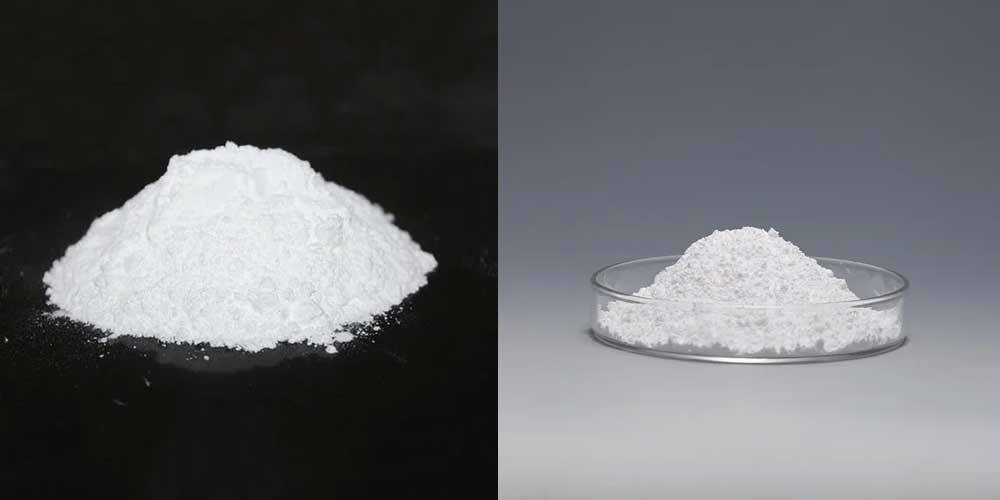
What is Melamine Cyanurate?
Melamine Cyanurate (MCA) is a flame-retardant compound widely used in various industries for enhancing the fire resistance of polymers and plastics. Chemical Structure and Properties: Melamine Cyanurate is a white, crystalline powder. The compound is formed through the reaction between melamine, ...Read more -
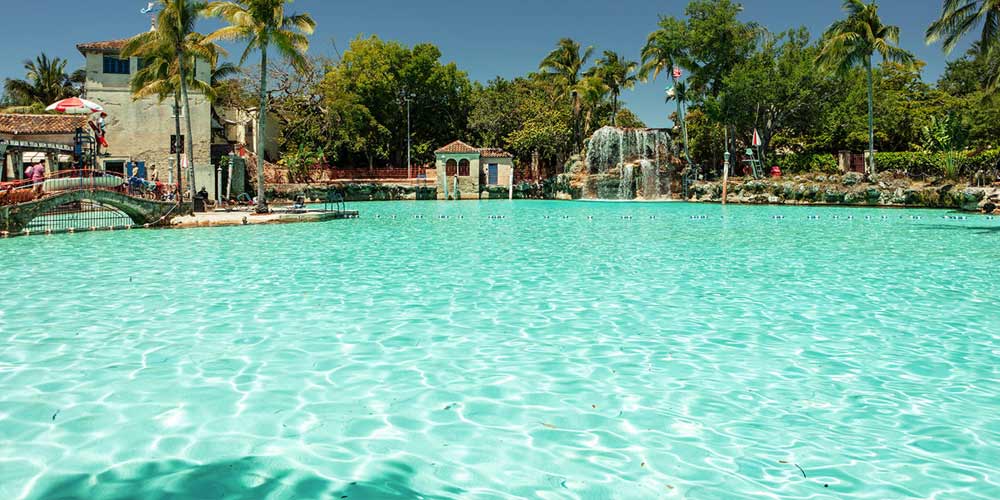
Is chlorine stabilizer the same as cyanuric acid?
Chlorine stabilizer, commonly known as cyanuric acid or CYA, is a chemical compound that is added to swimming pools to protect the chlorine from the degrading effects of ultraviolet (UV) sunlight. UV rays from the sun can break down chlorine molecules in the water, reducing its ability to sanitiz...Read more -
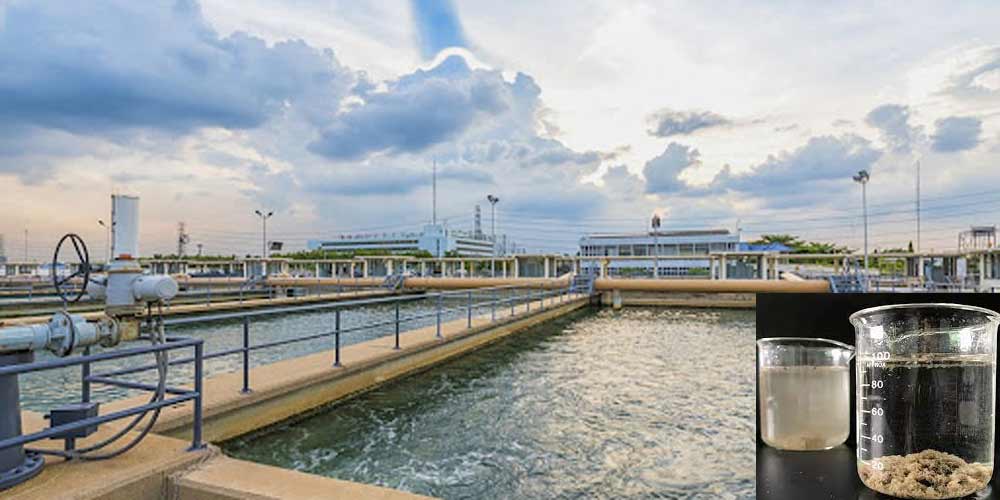
What chemical is used for Flocculation?
Flocculation is a process employed in various industries, especially in water treatment and wastewater treatment, to aggregate suspended particles and colloids into larger floc particles. This facilitates their removal through sedimentation or filtration. The chemical agents used for flocculation...Read more -
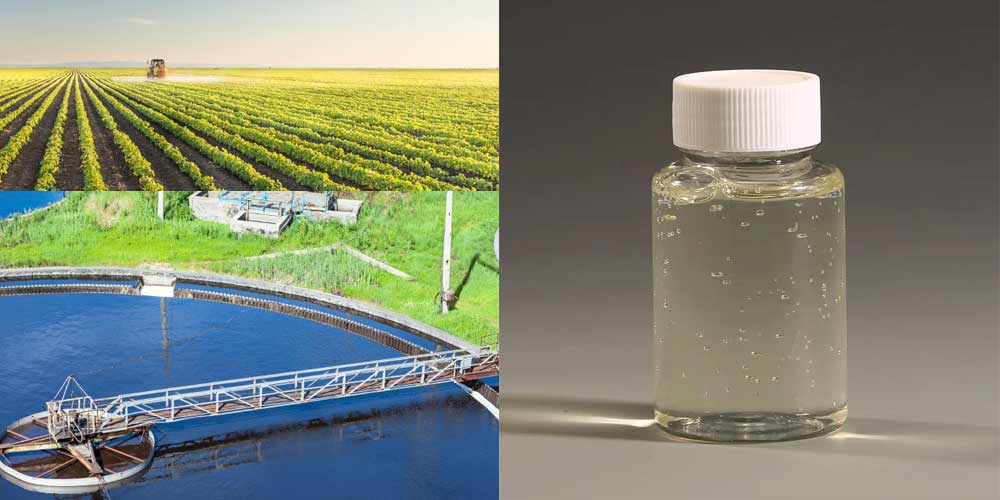
What are the applications of Polyamines?
Polyamines, often abbreviated as PA, are a class of organic compounds that contain multiple amino groups. These versatile molecules find a wide range of applications across various industries, with notable relevance in the field of water treatment. Water Treatment Chemicals Manufacturers play a c...Read more -

What are the scientific uses for Polyacrylamide?
Polyacrylamide (PAM) is a polymer that has a wide range of scientific and industrial applications due to its unique properties. Some of the scientific uses for PAM include: Electrophoresis: Polyacrylamide gels are commonly used in gel electrophoresis, a technique used to separate and analyze macr...Read more -
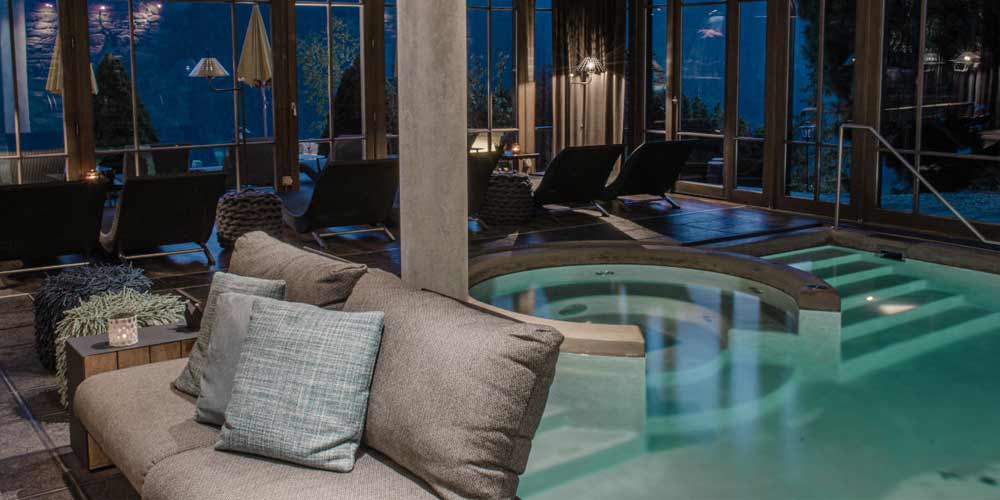
What are the signs that your spa needs more Chlorine?
The residual chlorine in the water plays a vital role in disinfecting the water and maintaining the hygiene and safety of the water. Maintaining proper chlorine levels is crucial for ensuring a clean and safe spa environment. Signs that a spa may need more chlorine include: Cloudy Water: If the ...Read more -
How does sodium dichloroisocyanurate work?
Sodium dichloroisocyanurate, often abbreviated as SDIC, is a chemical compound with a wide range of applications, primarily known for its use as a disinfectant and sanitizer. This compound belongs to the class of chlorinated isocyanurates and is commonly used in various industries and household s...Read more -
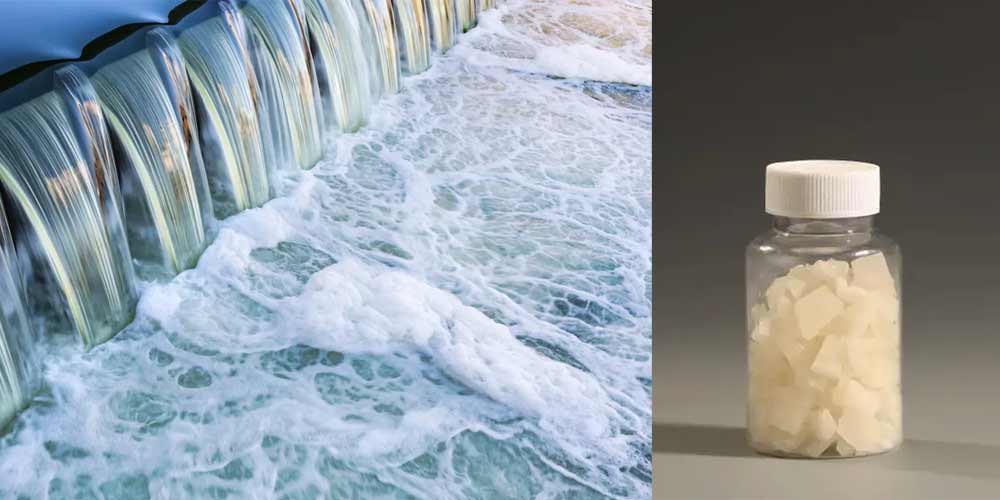
Why did we add Aluminum Sulfate to the water?
Water treatment is a critical process that ensures the supply of clean and safe water for various purposes, including drinking, industrial processes, and agricultural activities. One common practice in water treatment involves the addition of Aluminum Sulfate, also known as alum. This compound pl...Read more
